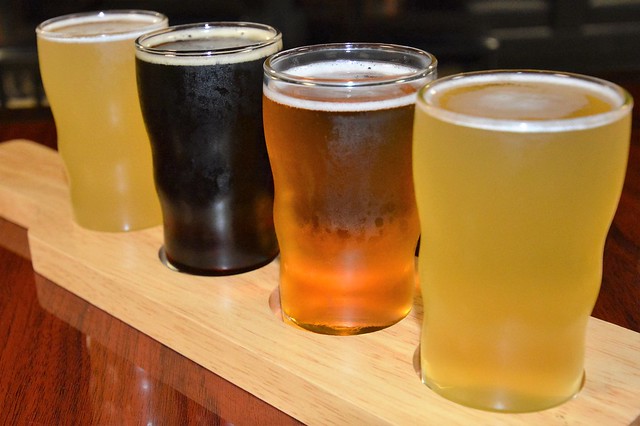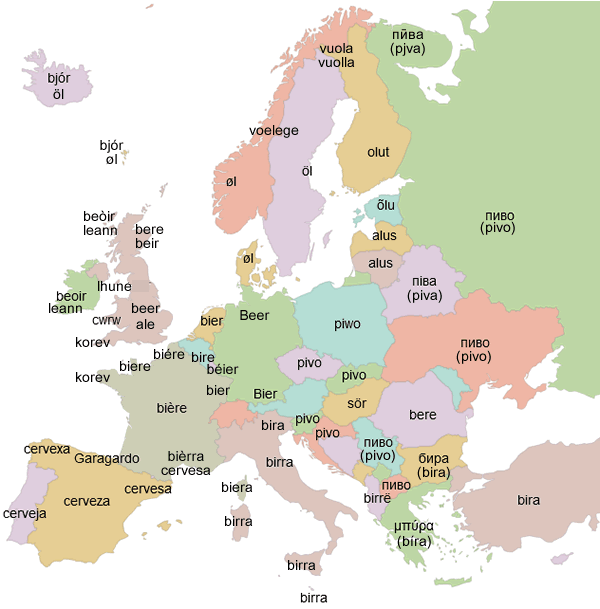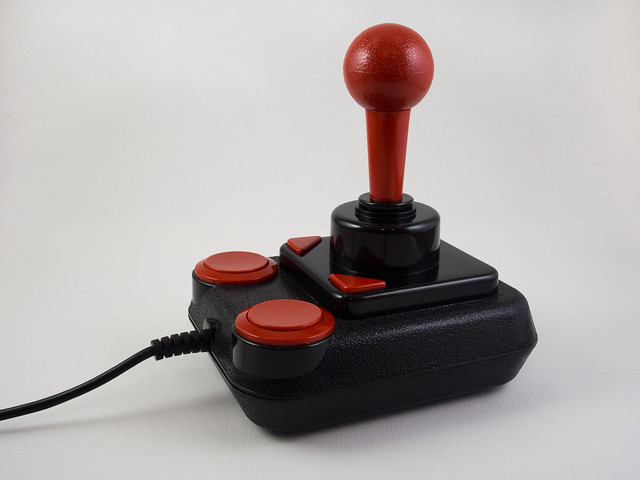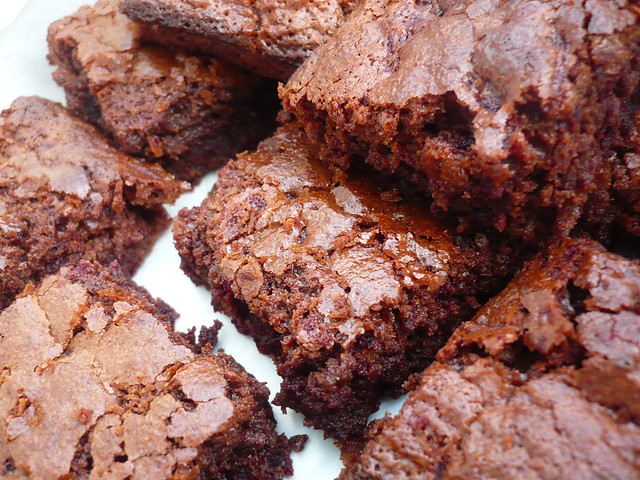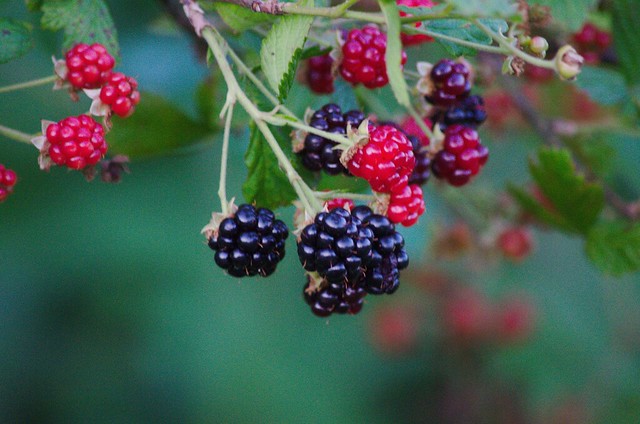The Scots word fecht [fɛçt / feːçt / faeçt] means to fight, or to struggle in the battle of life against misfortune, poverty, etc. It comes from the Middle English fighten (to fight, battle, quarrel), from the Old English feohtan (to fight), from the Proto-West Germanic *fehtan (to fight), from the Proto-Germanic *fehtaną (to comb, detangle, struggle (with), fight, shear) from the Proto-Indo-European *peḱ- (to pluck, ruffle, tousle, shear) [source].
Related words include:
- fecht, feicht = a fight
- fechtand, feghtand = fighting
- fechtar, fechter = one who fights (in battle or in brawls)
- fechting, fechtine = engaging in fight or battle
Source: DSL Dictionaries of the Scots Language / Dictionars o the Scots Leid
I learnt about this word on a video on Tiktok by @misspunnypennie – part of her Scots word of the day series. This particular video is about the word ilka, which means each or every. The example she gives includes fecht and fechter:
Agin ilka sair fecht there’s a bonnie fechter
(Against every hard fight there’s a fearless fighter)
By the way, if you prefer to avoid Tiktok, you can find compilations of the Scots Word of Day videos, and Scots-related videos by Miss Punny Pennie (a.k.a. Len Pennie) on Twitter and YouTube. Here’s Len talking about Scots:
When I heard the words fecht and fechter, I thought they must be related to the Dutch words vechten [ˈvɛxtə(n] (to fight, fighting) and vechter (fighter, warrior), which I learnt recently – they are indeed related and come from the same Proto-West-Germanic root [source].
Other words from the same Proto-West-Germanic root (*fehtan) include: fight in English, fäkta (to fence, fight) in Swedish, fechten (to fence, fight) in German, and фехтовать [fʲɪxtɐˈvatʲ] (to fence) in Russian, which was borrowed from German. To fence here means to fight with swords rather than to make a fence [source]
There is also a Dutch word related to ilka – elk, which means each or every [source].


